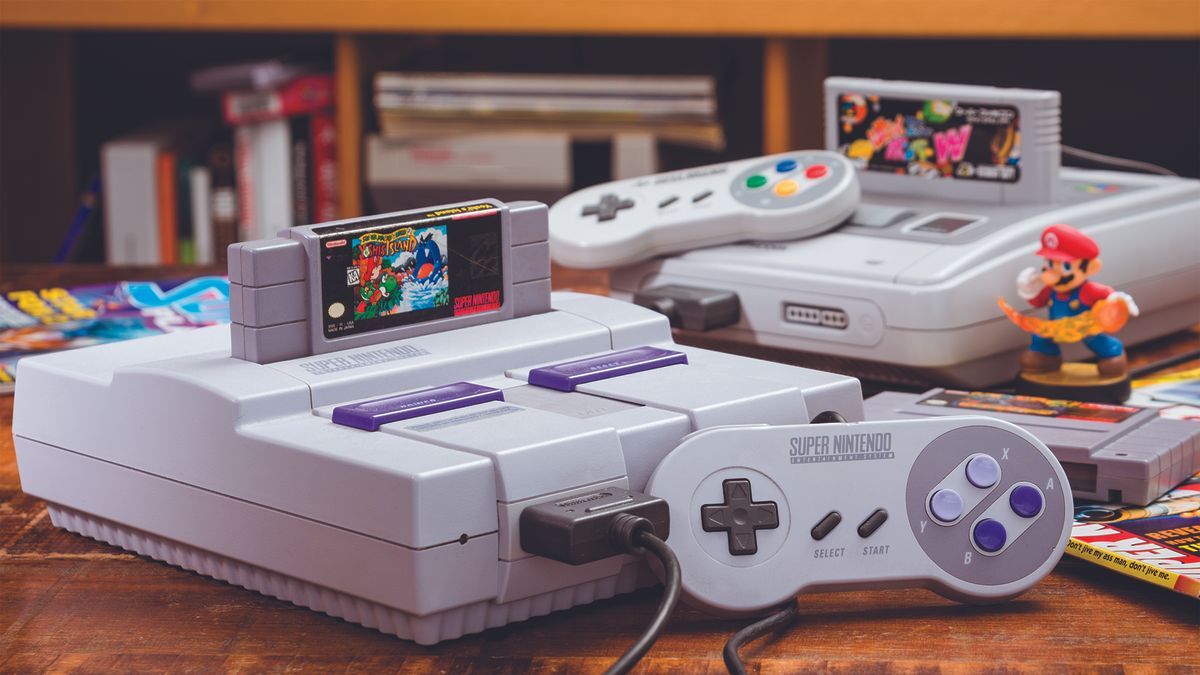- cross-posted to:
- games@sh.itjust.works
- gaming@beehaw.org
- games@hexbear.net
- cross-posted to:
- games@sh.itjust.works
- gaming@beehaw.org
- games@hexbear.net
A three-year fight to help support game preservation has come to a sad end today. The US copyright office has denied a request for a DMCA exemption that would allow libraries to remotely share digital access to preserved video games.
“For the past three years, the Video Game History Foundation has been supporting with the Software Preservation Network (SPN) on a petition to allow libraries and archives to remotely share digital access to out-of-print video games in their collections,” VGHF explains in its statement. “Under the current anti-circumvention rules in Section 1201 of the DMCA, libraries and archives are unable to break copy protection on games in order to make them remotely accessible to researchers.”
Essentially, this exemption would open up the possibility of a digital library where historians and researchers could ‘check out’ digital games that run through emulators. The VGHF argues that around 87% of all video games released in the US before 2010 are now out of print, and the only legal way to access those games now is through the occasionally exorbitant prices and often failing hardware that defines the retro gaming market.



As a fellow ancient of the game world, I would say 20ish years is not far off give or take. The Atari 2600 was around in the 70s and the original NES came out in 1985(?). The NES was really the beginning of the end for the arcade scene. True that a lot of the arcade ports where terrible, but the power just wasn’t there to do it in a small box yet. $1 rentals from the local video shop would let you play a game all night or longer depending on who it was from.
While the online game services from Xbox and co could be seen as returning to a pay-to-play situation, they where never a must have. You could still play with friends locally without a subscription and the mass push for DLC buys wasn’t there yet.
I would really put the return to money snatching along side the rise of mobile games. Buying addons and in game coins to get an advantage really picked up with the ease of always on connections and purchases with a simple swipe of the finger. Once that ‘just one more boost will do it’ addictive mechanic was made the norm it was all over for the concept of a game that you just bought as a complete thing. Now it’s a novel thing to see a game offered that you just buy and play as it is.